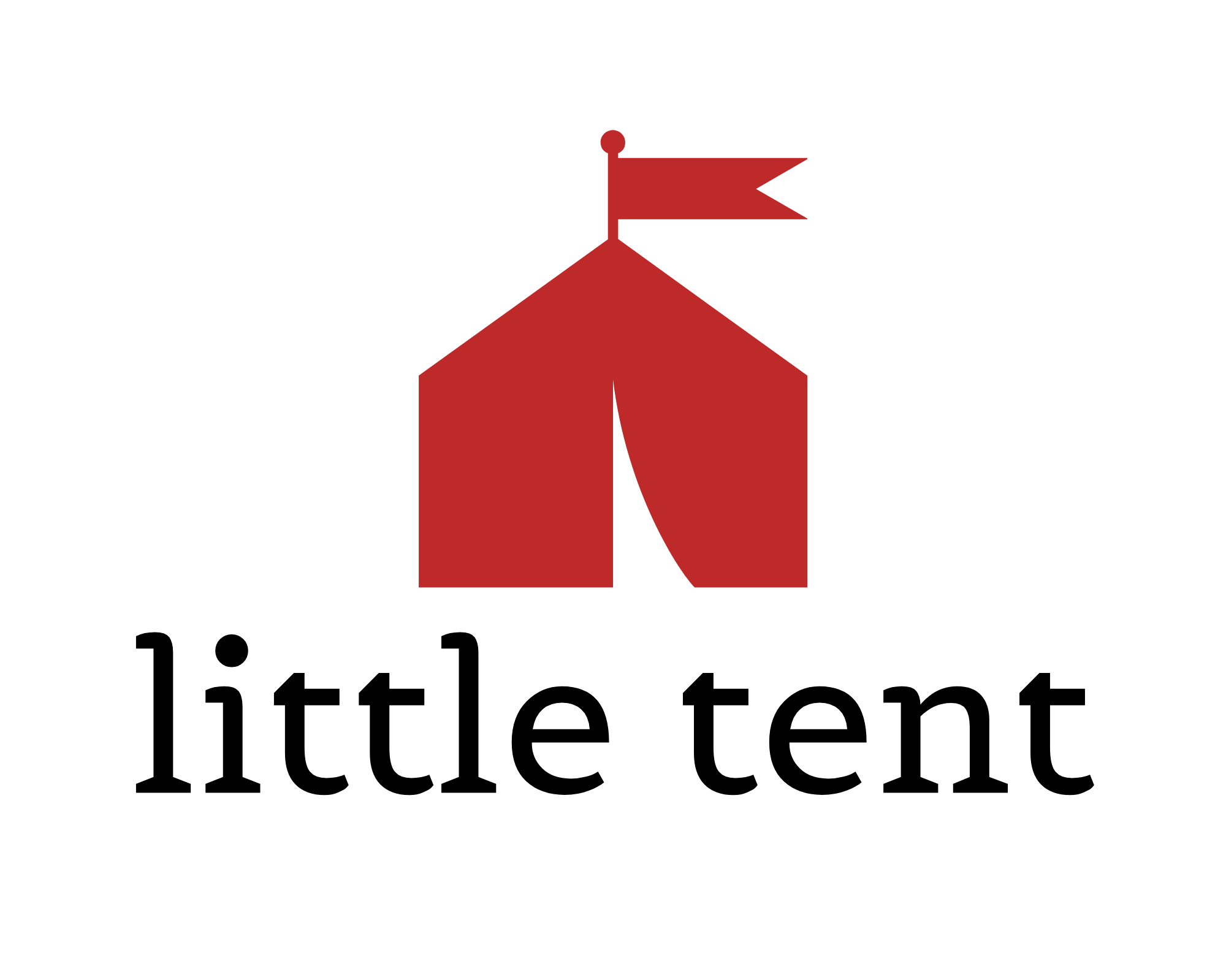The spark that lights the fire
January.
The month of resolutions, new beginnings, and the sound of a million couch to 5k apps being launched in hopeful anticipation of the transformations to come.
Transformation. There's a sneaky word. Until fairly recently I was a global head of change for a "transformation programme" (or program, if you happened to be American, and most of my wonderful colleagues were). A big hairy audacious transformation program. So, with the benefit of experience, I feel as if January, with it's glinting cold light and calm before storm-ness, is a good time to point out that transformation is an exceptionally unhelpful word.
It's seductive, for sure. We humans love the idea of transformation. Caterpillar to butterfly, zero to hero, Extreme Makeovers. The thought of changing rapidly and in one fell swoop from one thing to something dramatically different and therefore better has launched the careers of a thousand Gok Wan-abees, Life Coaches and Consultants.
But it's a con.
Change doesn't happen in grand transformations. It isn't enacted on us by courageous and visionary (or even cowardly and destructive) leaders. In fact the only change to really happen in a Big Bang was the Big Bang. Ever since then the business of change has been about evolutionary increments. Even revolutions came from thousands of smaller moments of impetus.
Wanting a large scale change is no bad thing. Expecting it overnight in a glittering or flaming transformation? Not only unrealistic, but unhelpful.
And this is good news. It means that if today is a day you are thinking about change, it needn't be scary or overwhelming. You don't need to start a revolution - whether your goal is losing the mince pie poundage, toppling a dictator or launching a program of change in your business.
It may help to think about this by considering the neuroscience of making a change. Neural pathways are the means by which we learn and embed behaviour. A neural pathway is created when we build a belief, behaviour, habit. The brain, being an organ concerned with making shizzle as easy as possible, gravitates towards the fastest and most entrenched neural pathways - i.e. the habits and behaviours we already have. If we want to change that, we need to build, and reinforce, new neural pathways.
Think about your strongest habits and behaviours as autobahns - fast, wide, efficient roads developed specifically for getting you to specific places quickly. New habits are footpaths - the autobahn doesn't exist for them yet so you need to build it. How? By repetition over time.
Footpaths aren't as easy or efficient to travel as an autobahn, so when we are building new ones we get frustrated. We see the 100 mile journey ahead and want to be there now.
Yes, Lorna, but why is this good news? I hear you ask. Because now you know you're laying a footpath, to turn it into an A-road, and one day make it an autobahn, you can take the unrealistic pressure of January off. You aren't replacing your old autobahns with new ones overnight. Stop thinking of this as a transformation. Acknowledge the footpath. Admire the view.
If the change you want in 2018 is within your organisation, try thinking about the footpaths you need to lay and reinforce, rather than just signposting the destination and hoping your old autobahns will get you there. What that means is finding the small ways people can move towards the change today, rather than overwhelming them with the scale of the destination. Yes, people need to know where the new footpath leads, but expecting them to simultaneously forge it and move down it like a race car on an autobahn will disappoint you and frustrate your team. Make your focus on the small, realistic things people can do today.
Transformation is a seductive word, but its a false prophet. Change comes from the sparks that light the fire.
